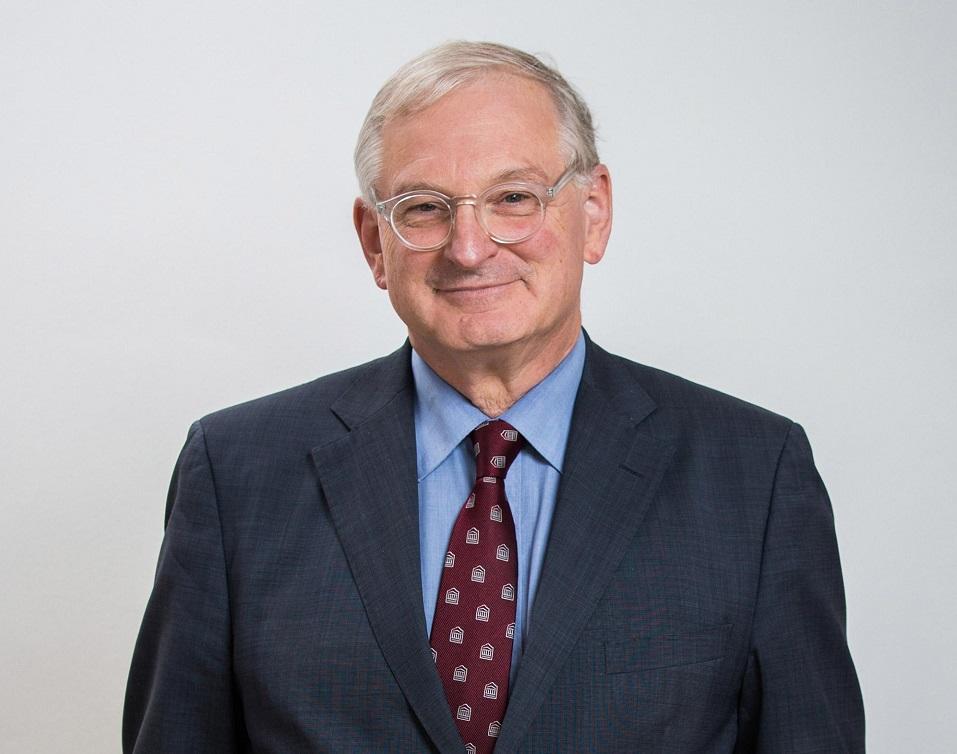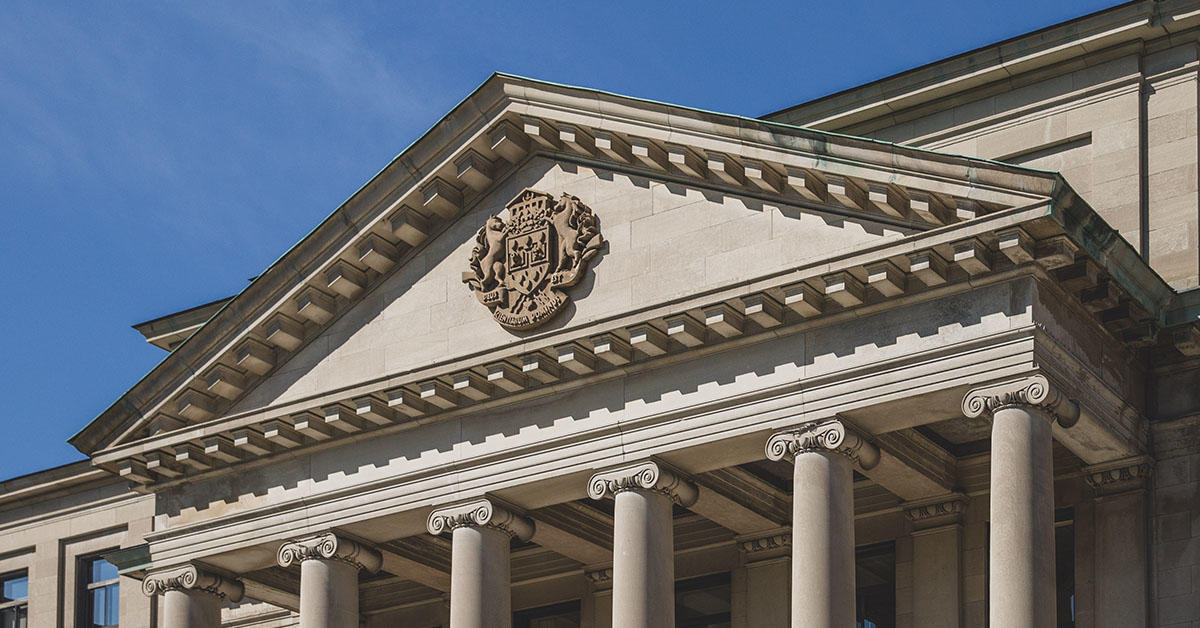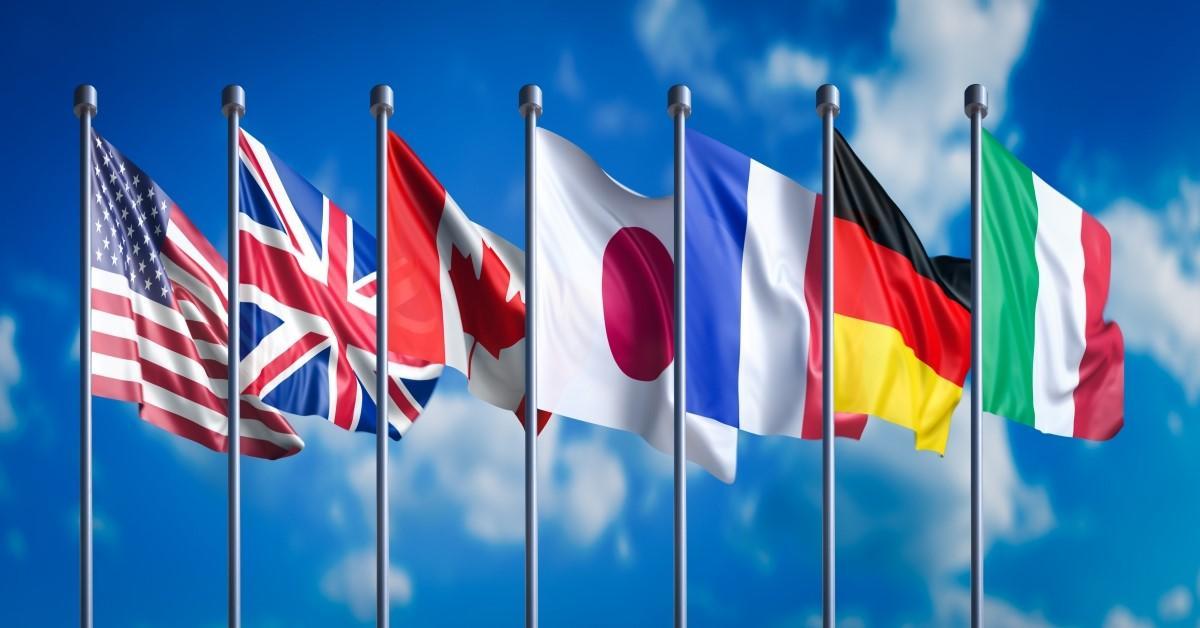Within this context, more than 75 university leaders from 16 countries convened at Keio University in Japan this week and called on G7 leaders to invest in peace and security education at all levels, incorporate the latest research into policy on peace and security, diversify the set of stakeholders involved in high-level policy discussions on peace and security, lower barriers to student exchanges that foster cross-cultural understanding, and defend academic freedom.
“The world has seen significant innovation in warfare; it is now time for innovation in peace and security,” a statement from the U7+ Alliance reads. It calls for “comprehensive, long-term and complex understandings of the patterns and processes that lead to sustainable peace, including strong institutions, economic stability and social inclusion.”
“Education and knowledge creation are vital to building peaceful and sustainable democracies. To address the global challenges we face, we need collaboration and partnership among universities, governments, communities and industries to foster deeper understanding and greater trust among citizens,” said Professor Meric Gertler, President of the University of Toronto and Chair of U7+ Presidential Steering Committee.
The presidents of the U7+ universities formally committed to take action to support the G7 agenda and contribute to fostering a more peaceful and secure world through research, education and public engagement during this week’s U7+ Presidential Summit at Keio University in Tokyo, Japan. These commitments were outlined in theU7+ Tokyo Statement: Universities as Engines of Innovation for Peace and Security, which was unanimously adopted by the presidents. The statement was delivered to Japanese Prime Minister Fumio Kishida on Wednesday March 15 in his capacity as 2023 host to the Group of Nations (G7).T

“Through global networks like the U7+, universities must strengthen their collaboration and commit to research and education that promote pathways to peace and security.”
Jacques Frémont
— President and Vice-Chancellor of the University of Ottawa
The U7+ Presidential Summit is the annual meeting of the U7+ Alliance, the first coalition of university presidents from Europe, Asia, North America, South America, Africa and Australia dedicated to defining concrete, collective actions universities can take to address global challenges, in coordination with government leaders in G7 countries and beyond. The inaugural meeting of the Alliance was hosted by Sciences Po in Paris in 2019, with the support of French President Emmanuel Macron.
At this week’s Summit themed “The Pen is Mightier than the Sword,” U7+ Alliance members committed to provide students with opportunities to learn about the causes of conflict and methods of peacebuilding, share research on issues of peace and security with policymakers and the public, provide students and scholars displaced by conflict, persecution and humanitarian crises with opportunities to teach and learn on their campuses, and collaborate with G7 and United Nations bodies devoted to preventing conflict.
The U7+ commitments align with a long history of a dedication to fostering peace within academia. “The founder of Keio University, Yukichi Fukuzawa, once wrote,‘And as our associations broaden, the closer become the bonds between us. One country cannot rashly wage war against another, for the rights of nations are guaranteed under international law,’” explains Kohei Itoh, President of Keio University. “It is the aim of universities to avoid wars and to work to create a peaceful and progressive society through diplomacy that is driven by learning and human interactions. This is the mission of Keio University. It is what unites us to the spirit of the U7+ Tokyo Statement.”
“Through global networks like the U7+, universities must strengthen their collaboration and commit to research and education that promote pathways to peace and security,” said Jacques Frémont, President of the University of Ottawa. “To do this, The U7+ Alliance needs to find ways to better involve Southern countries in order to not only evolve the format of the group, but also to ensure that they are part of the discussions on issues of importance to them.” The University of Ottawa will host this year’s final of U7+ Student Challenge from May 24 to 26. How to achieve the 2030 Sustainable Development Goals by relying on technology and multidisciplinarity will be at the heart of the competition.
Media requests: media@uOttawa.ca


